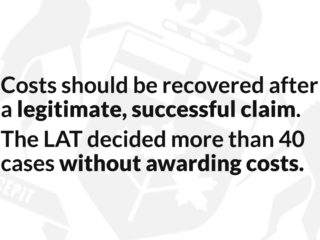Released September 18, 2015 | Decision
The Plaintiff/Appellant, Dr. Frank, brought an action against the solicitors of her former patients, who had brought actions against her alleging medical malpractice and made complaints to the College of Physicians and Surgeons of Ontario (CPSO). As of the date of the appeal, the medical malpractice actions were ongoing. Dr. Frank asserted claims of defamation, malicious prosecution, champerty and maintenance, intentional interference with economic relations and intentional infliction of mental distress. The motion judge struck the appellant’s claim in its entirety as the allegations were unprovable, premature, based on inadmissible evidence and failed to particularize conduct giving rise to the claim. The motion judge found that the claims would likely be viewed as a collateral attack aimed at intimidating and distracting the respondents.
The Court of Appeal upheld the motion judge’s decision. Justice Hourigan, writing for the court, held that the defamation claims were unprovable as the statements made could not be interpreted as defamatory. He held that the claim of malicious prosecution was correctly struck as the crucial element of malice was not properly pleaded. With respect to the claim of champerty and maintenance he held that as the civil cases were ongoing there had been no profit and no conclusion on which to determine if respondents had a ‘justifying motive’, and therefore the Appellant was effectively putting the cart before the horse. With respect to the claim of intentional interference with economic relations, the Appellant claimed that the Respondent intended to injure her and made misrepresentations to clients in order to induce claims against her; Justice Hourigan held that this would require the Appellant to lead evidence of privileged communications, which are inadmissible. Finally, with respect to the tort of intentional infliction of mental distress, the pleadings were so vague that a defendant would have no idea what conduct was being alleged against them. Justice Hourigan also held that even if the Statement of Claim had been properly pleaded, it should have been struck as an abuse of process. He held that it was a collateral attack on the civil lawsuits against the Appellant and the complaints to the CPSO and appeared designed to frustrate those processes.













